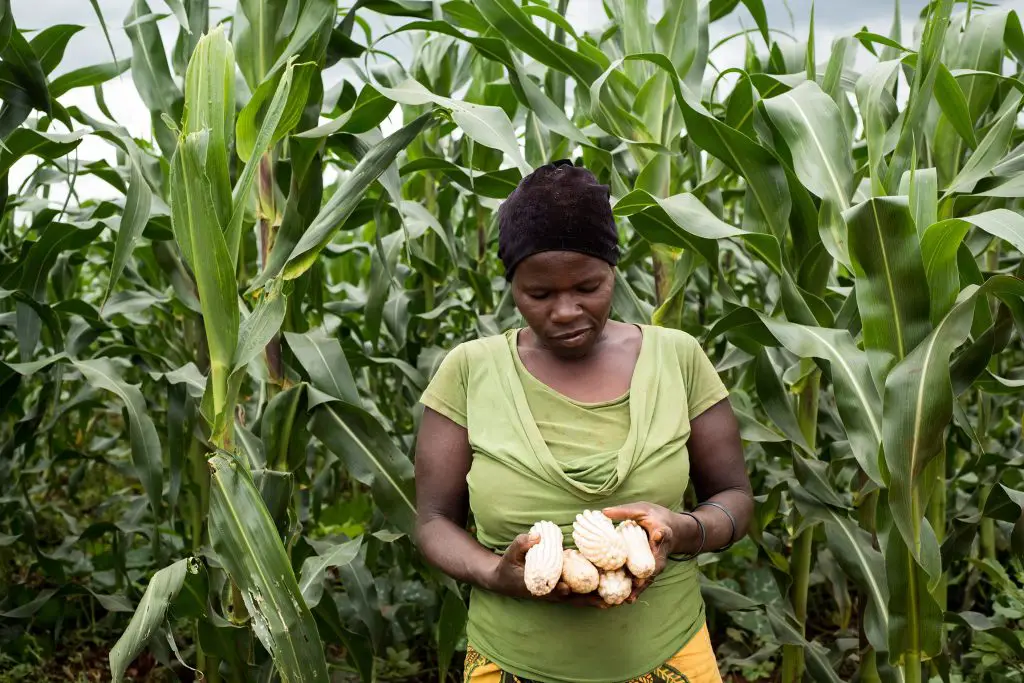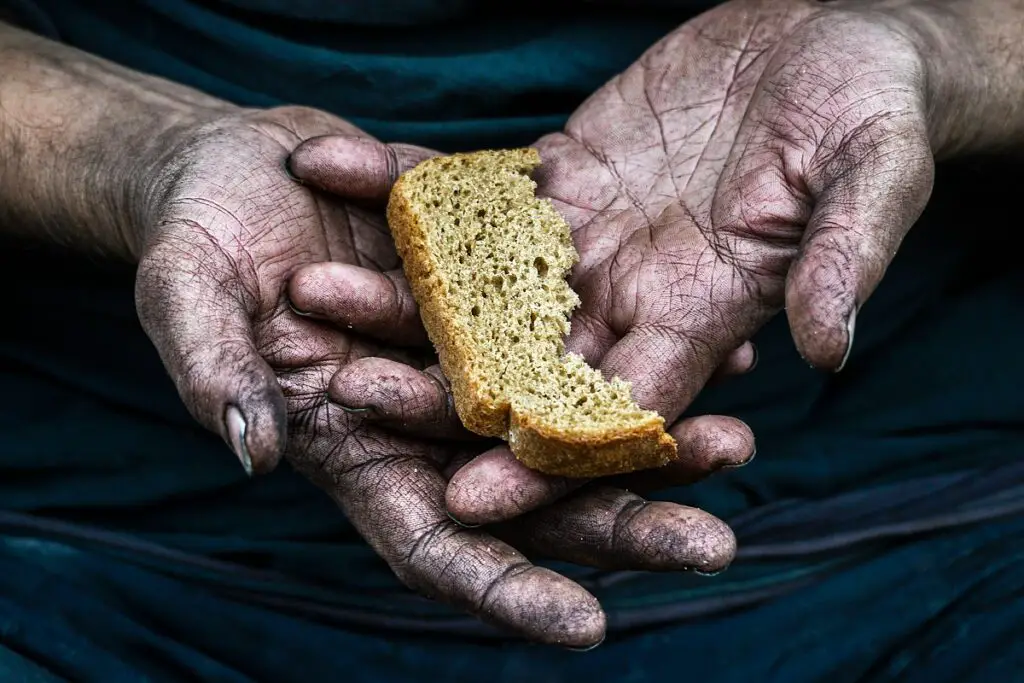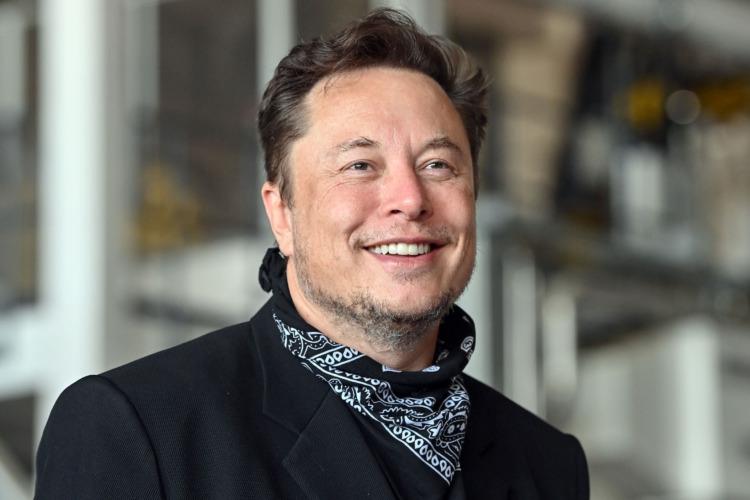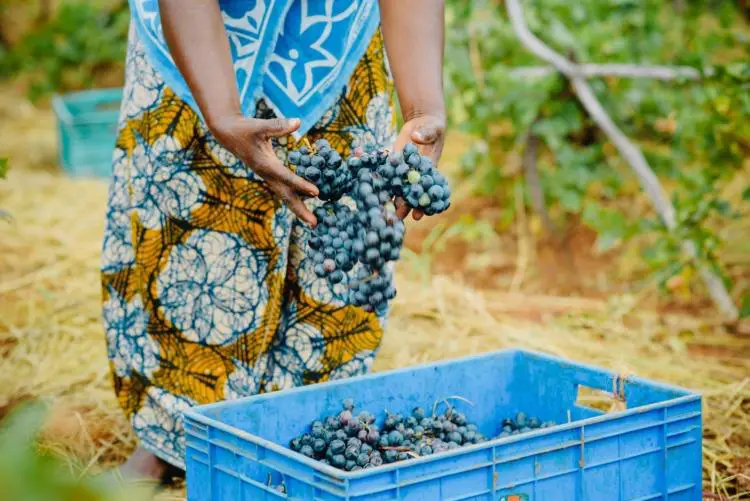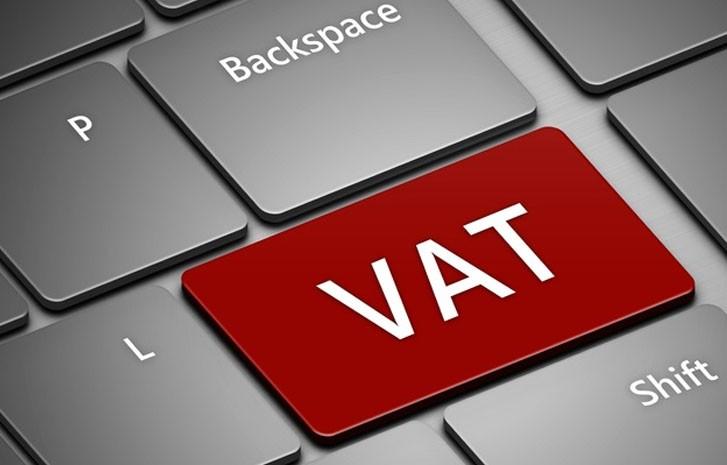- Africa’s new dawn: the rising role of digital and AI in agriculture
- Can Dangote Refinery Transform Africa Energy Ambition
- Gallup Survey: 80 per cent of Kenyan Workers Are Disengaged and Seek New Opportunities
- Madagascar Man Freed from 5KG Tumor After 15-Year Struggle
- How women in Africa are perceived and treated
- Sugar consumption in Kenya to Increase to 1.23 Million Tonnes
- Can Somalia and Turkey Oil deal Bring Change in Somaliland
- Remittances to Kenya dropped to $371.6 million in June, marking a six month low
Browsing: Food
- Agriculture is contributes 23 percent of African GDP, Mckinsey 2019
- At least 43.8 percent of people are employed in the agriculture sector
- Only 5-6 percent of arable land in Africa is irrigated
Agriculture in Africa has not only an economic value but a cultural significance. It is time to transform the economy and lives of African farmers. Africa is home to nearly 60 percent of the world’s arable land. Over the past decade, African agriculture has faced a number of shocks which beg for technological transformation. Farming in Africa contributes greatly to the welfare of most rural-based populations.
Despite the standing potential, productivity in Africa is lagging; hence, the role of modern technology stands to draw billions into it.Africa imports some food items abroad, such as wheat from war-entangled nations Ukraine and Russia, causing severe food insecurity issues for financially constrained nations such as Sudan.
Agriculture is not only the …
The KNBS report shows that the price of onions (leeks and bulbs), white bread, cooking oil (salad) and tomatoes increased by 7.46, 4.71, 4.62 and 4.55 per cent, respectively, in December 2021. Interestingly, these are the most basic household food items you will find in most homes.
When prices go up as much as they have done, it means that most households will either have to find alternatives or make do without these basic food items altogether.
In an election year, this is not something that Kenyans are prepared for especially with the decimation of job opportunities and livelihoods caused by the pandemic.
On another front, the country faces further hardships as consumer power declines. With food becoming scarce, the country is in dire straits already. Food production in Kenya is far behind demand. …
- Elon Musk is ready to sell his Tesla shares if WFP will describe how it will spend it and display accounting reports
- Nearly 42 million people are face starvation due to various factors including climate change
- 2 per cent of Elon Musk’s wealth could help the 42 million people facing hunger
Who would have thought that one man can solve a portion of global hunger?
The old saying, ‘numbers don’t lie’ has somehow shocked the world, as the director of the United Nation’s World Food Programme, David Beasley, recently challenged the world’s wealthiest individuals to ‘’step up now, on a one-time basis’’ and address global hunger.
“US$6 billion could help 42 million people that are going to die if we don’t reach them. It’s not complicated,” he added, as cited by CNN.
It seemed to be a normal statement, by when one of the most influential like Elon Musk, took …
No family wants to be stuck in their home and yet starve due to food security systems being shaken by the COVID-19 pandemic which has taken more than 40 million people’s lives and affected over 200 million worldwide.
That scenario could become occurring dangerous reality if food security concerns are not addressed immediately, as reports from multiple food security monitoring groups such as the Alliance for a Green Revolution in Africa (AGRA) suggests that East Africa will “remain a food insecurity hotspot as new COVID-19 variants continue to spread”.
The pandemic and its new variants bring more pressure to the fragile food security systems and unstable economies of East Africa, as precautionary measures weigh in on-farm operations, weaken supply chains and increase cross-border trade tensions.
Even before the pandemic shocks, the African food system had a few setbacks in its path which included the inadequate capability to analyze risks and …
Nigeria exempts food from Value Added Tax (VAT) as it increases the tax to 7.5 per cent as it seeks to alleviate the cost burden from consumers.
The Value-added tax will be effective from February 1, 2020, the exception of bread, cereals, cooking oils, culinary herbs, fish, flour and starch, fruits, meat and poultry. Others are milk, nuts, pulses, vegetables, natural water, roots, salt, table water and sanitary towels.
On January 13, 2020, Nigeria’s President Muhammadu Buhari signed into law the 2019 Finance Bill, increasing VAT and also exempted companies with less than $82,000 capital from paying tax.
Also Read:Nigeria takes on revenue boost and small business support for the economy
According to PWC (a global network of tax consulting form), 48 per cent of national GDP is contributed by SME’s in Nigeria, account for 96 per cent of businesses and 84 per cent of employment.
The Senior Special …
Alibaba Group and the United Nations World Food Program (WFP) will launch a digital map to track food-security issues across the globe.
The “Hunger Map LIVE” will leverage artificial intelligence, machine learning and data analytics to predict and track the magnitude and severity of hunger in close to real-time in more than 90 countries.
The map will allow the WFP, humanitarian-aid organizations and global leaders to identify negative trends early and enable better decision-making to improve response times and cut costs.
“The Hunger Map LIVE is a visual wake-up call every day, showing us a real-time snapshot of the problem and reminding all of us that we must do more to defeat hunger,” said WFP Executive Director David Beasley, speaking on the sidelines of this year’s UN General Assembly in New York.
The map will bring together publicly available information on food security, nutrition, conflict, weather, and macro-economic data to …





